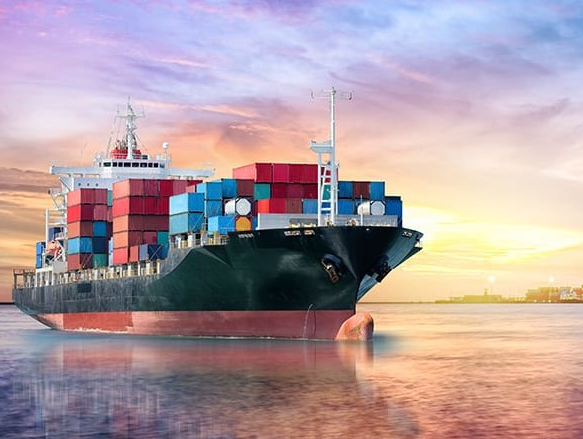Overview of Shipping Costs
When exporting goods from China to Thailand, businesses must consider several costs that impact the overall expense. The main factors include freight charges, insurance fees, customs duties, and various handling fees. Detailed consideration of each cost component ensures efficient budget management.
Freight Charges
Freight charges are the primary expense in shipping operations. Prices vary significantly depending on the mode of transport—air, sea, or land. As of 2024, sea freight from Shenzhen to Bangkok typically ranges from $500 to $1,500 per container, depending on the size and terms of shipment (e.g., FOB or CIF). Air freight, offering faster delivery, can cost between $2 and $5 per kilogram, subject to seasonal fluctuations and fuel prices.
Customs Duties and Taxes
Customs duties in Thailand are calculated based on the CIF value of the goods, which includes the cost, insurance, and freight. Thailand’s tariff rates on Chinese goods range approximately from 5% to 30%, depending on the product category. Import VAT is also applicable at a standard rate of 7%, adding to the total cost.

Insurance Fees
Shipping insurance is essential for protecting the value of the cargo against loss or damage during transit. The insurance cost is typically about 0.5% to 1% of the CIF value. For high-value shipments, this rate might be lower, reflecting the decreased risk per unit of value.
Handling Fees and Additional Charges
Handling fees include the costs of loading and unloading cargo, documentation fees, and port charges. In China, these fees can range from $100 to $300 per shipment. Additional charges may also apply for special handling requirements or delays in customs clearance.
Logistical Challenges and Fuel Surcharges
Logistical challenges such as route selection, transit times, and local infrastructure significantly affect cost efficiency. Fuel surcharges, influenced by global oil prices, also contribute to variable costs. Companies need to monitor these dynamics closely to manage expenses effectively.
Incorporating Cost-Effective Strategies
To minimize costs, businesses should consider consolidating shipments, negotiating contracts with shipping companies, and optimizing logistics routes. Understanding and leveraging free trade agreements between China and Thailand can also result in significant duty savings.
For detailed strategies and more about shipping from china to thailand, businesses should consult with logistics experts and continuously review their shipping practices to adapt to changing market conditions.
This thorough understanding of the cost components involved in shipping from China to Thailand helps businesses plan effectively and optimize their supply chain strategies.